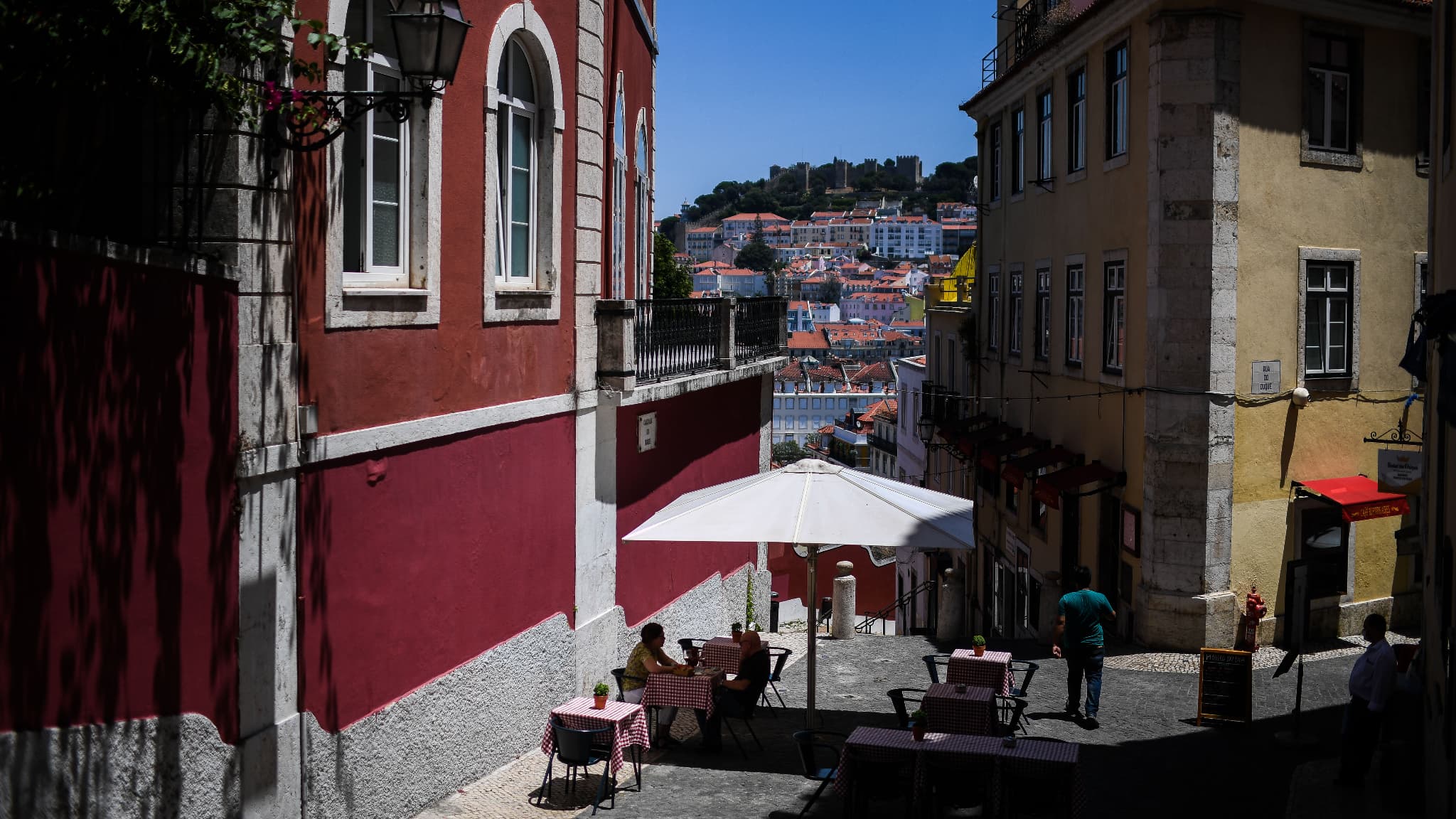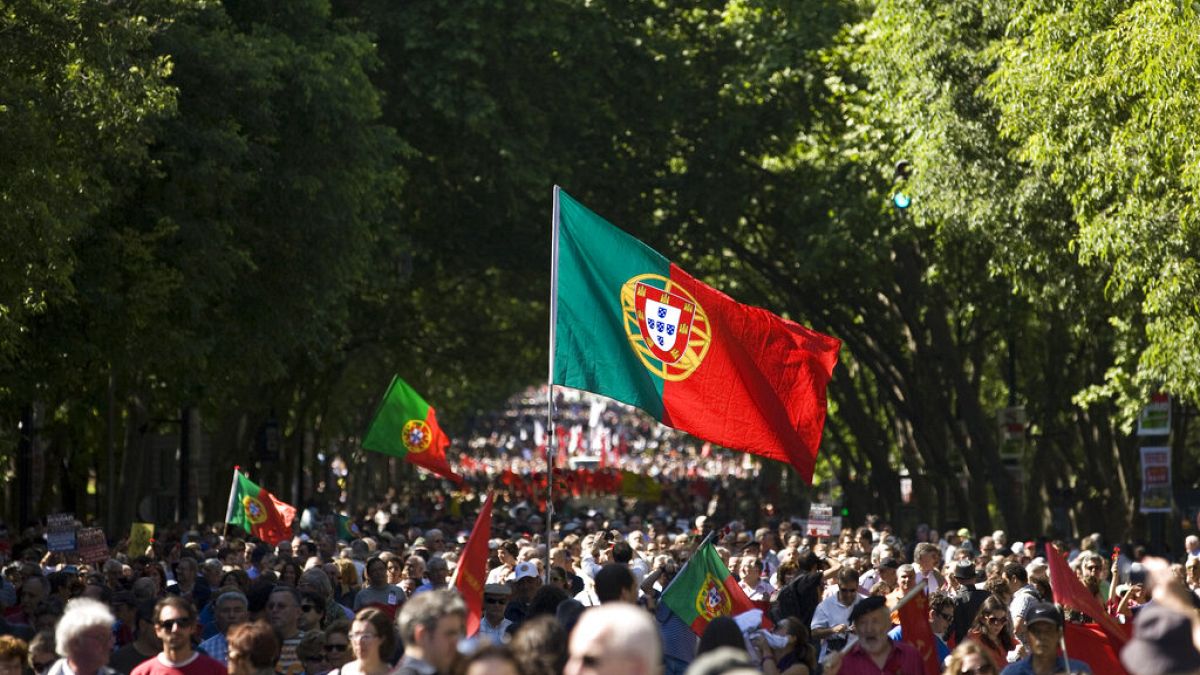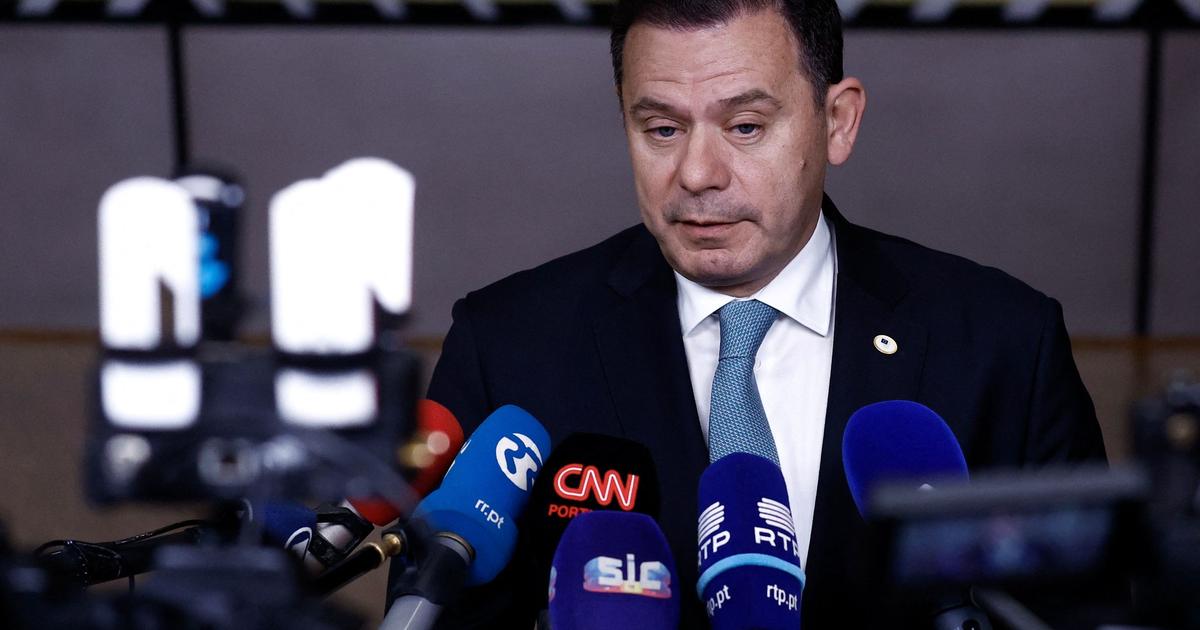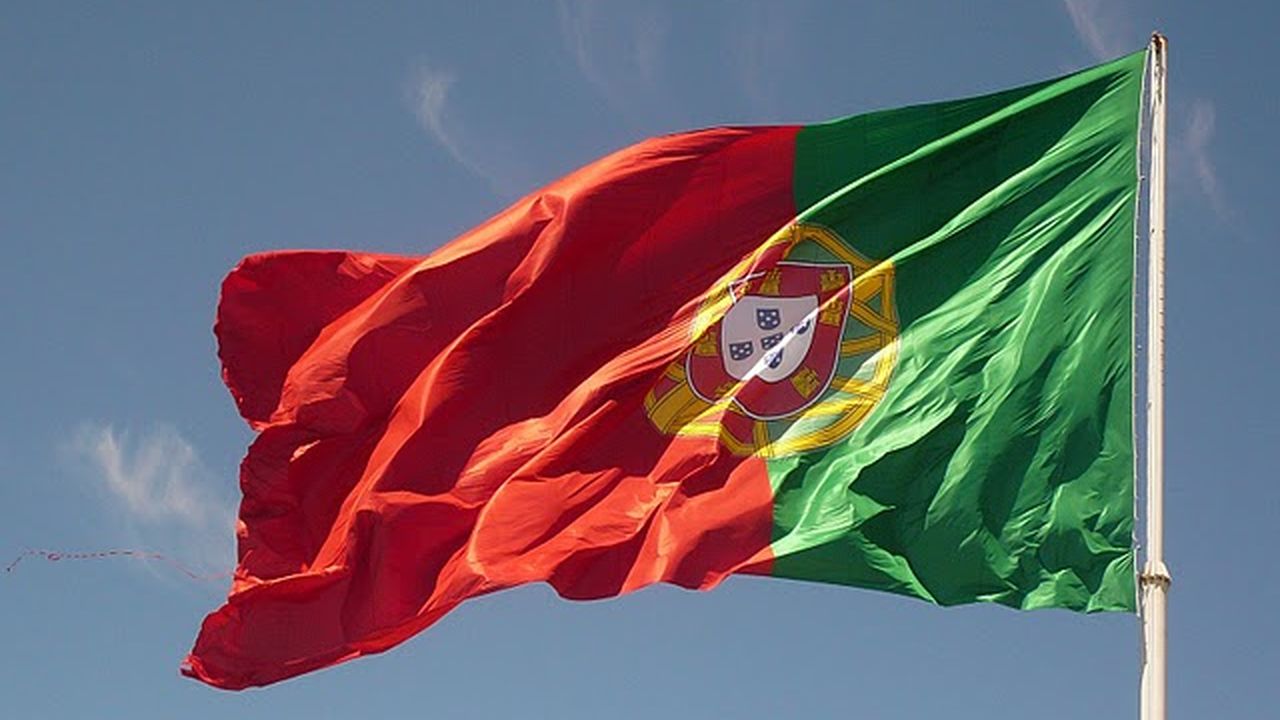
Washington looks dimly at the investments of the Middle Kingdom in the European country, especially those related to the port of Sines, which is considered strategic.
In its all-out trade war against China, the United States is putting friendly pressure on its European partners to implement its strategy as well, such as boycotting Chinese telecom equipment maker Huawei.
The Trump administration also intends to target countries that are too open to Chinese investment. This is the case of Portugal.
It must be said that the Middle Kingdom is investing very significantly in the country for several years. After the outbreak of the global financial crisis in 2008, Portugal, to benefit from international aid, had to privatize entire sectors of its economy, such as energy. privatization that attracted Chinese investors.
10 billion euros of investment
In 2011, the Chinese energy group China Three Gorges acquired a 21% stake in the country in EDP (Electricity Production Corporation), the largest Portuguese group. In the field of insurance, Fosun has controlled the country’s leading insurance company since 2014. In the field of banking, Fosun itself owns 27% of BCP, the country’s largest banking institution, and there are still plenty of examples.
In total, Chinese investment in Portugal a year ago was estimated at €10 billion, or about 3% of GDP.
This strong Chinese presence has not particularly moved the United States, but when Donald Trump came to power and launched his trade war against China, things clearly changed.
When China Three Gorges tried (without finally succeeding) to take full control of the EDP, the US began to show its disapproval through the voice of the US ambassador in Lisbon, who denounced Portugal’s dependence on Beijing.
The United States raises its voice
But the tension escalated slightly after the Portuguese government announced last year that a new container terminal would be built in the port of Sines, located about a hundred kilometers south of Lisbon, in 2024.
Then the Portuguese Minister of Maritime Affairs, Ana Paula Vitorino, called on Chinese companies to invest in order to obtain concessions so that this port becomes the focus of the news.Silk Roads“ carried out by Beijing. The call for bids was finally launched last October, and it is clear that the United States is now raising its voice.
In an interview published on Saturday in the weekly newspaper espressoAnd, as reported by Agence France-Presse, George Glass, the US ambassador to Portugal, called on Lisbon to “choose” between the two world powers.
He recalls that the port of Sens is “incredibly strategic” for the United States because it is the closest European seaport to the American mainland.
“I really hope that Sines will not go to China (…) This cannot happen,” emphasized George Glass, specifying that this infrastructure, which in 2016 received the first shipments of American LNG to the European Union, makes Portugal “ The gas hub and a center for European energy security.
Portugal is not flexible at the moment
“We want a Western company to operate and build the station,” the ambassador added, explaining that the United States does not have any company managing foreign ports.
George Glass finally acknowledged in the interview that Portugal was one of the fronts of the “European battlefield between the United States and China.”
Your Majesty, the Portuguese government immediately responded to the words of the American ambassador with the voice of its foreign minister. “In Portugal, it is the Portuguese authorities who make decisions in the interest of the country,” Augusto Santos Silva said in a statement to Lusa Agency.
It must also be said that Portugal has maintained, since 1557, a bilateral and privileged relationship with China, in particular by controlling the territory of Macau which was finally returned to Beijing in 1999.






